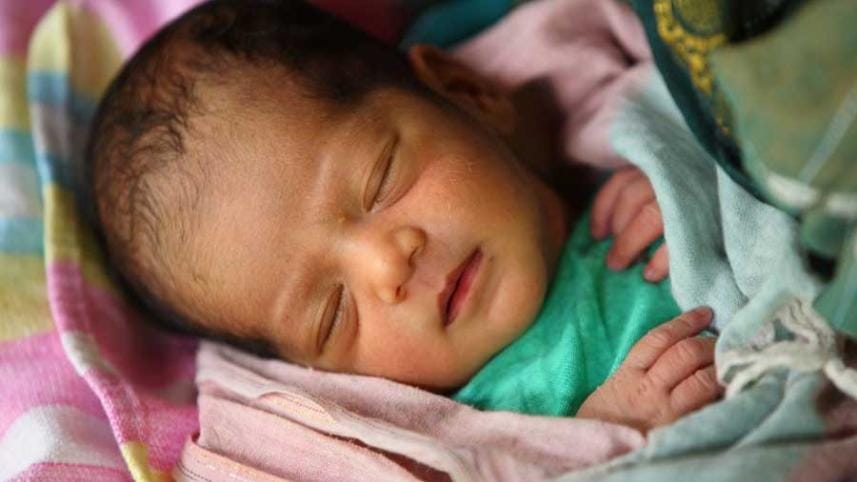Widespread drug-resistant bacteria detected, with alarming rates among newborns!

Recently, icddr,b held a dissemination seminar titled "Addressing Antimicrobial Resistance in Bangladesh: Insights from the ARCH Study" in Dhaka. Dr Fahmida Chowdhury, Associate Scientist and Lead of the Antimicrobial Resistance (AMR) Research Unit at icddr,b presented findings from the multi-country Antibiotic Resistance in Communities and Hospitals (ARCH) study, supported by the US CDC and The Task Force for Global Health.
ARCH 1.0 (2019) revealed widespread colonisation with drug-resistant pathogens in both community and hospital settings. Extended-spectrum cephalosporin-resistant Enterobacterales (ESCrE) were found in 78% of community members and 82% of hospitalised patients. Hospitalised patients also showed a higher prevalence of carbapenem-resistant Enterobacterales (CRE) at 37%, compared to 9% in the community. Worryingly, colistin-resistant strains (ColRE) and MRSA were also prevalent. Whole-genome sequencing showed a wide genetic diversity among resistant strains.
ARCH 2.0 highlighted alarming colonisation levels in critical care settings. In neonatal ICUs, 81% of admitted newborns were colonised with carbapenem-resistant Klebsiella pneumoniae, with most acquiring it after 48 hours in hospital. In adult ICUs, 60% carried CRE, with higher infection risks and extended hospital stays.
The study also tracked mother-infant pairs, showing nearly 90% of infants were colonised with ESCrE within the first year. Early antibiotic exposure was common, raising concerns about resistance development.
Encouragingly, infection prevention and control measures significantly reduced colonisation and bloodstream infections in NICUs.
Government and health officials at the event acknowledged the urgent need for policy changes, including restricting antibiotic misuse, strengthening hospital hygiene, and enhancing surveillance.



 For all latest news, follow The Daily Star's Google News channel.
For all latest news, follow The Daily Star's Google News channel.
Comments